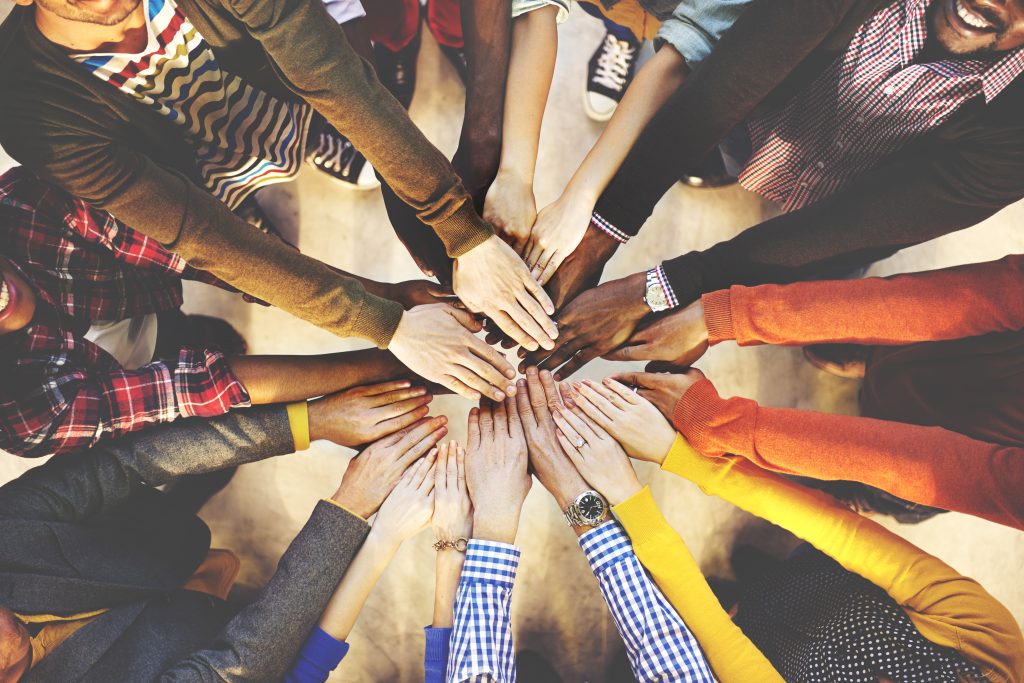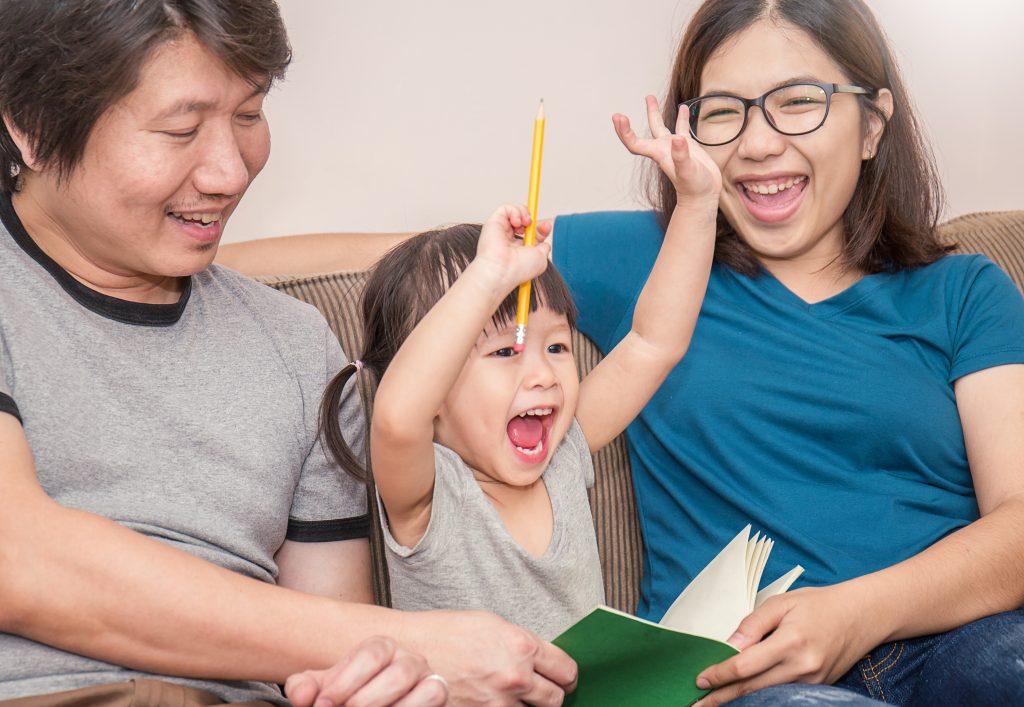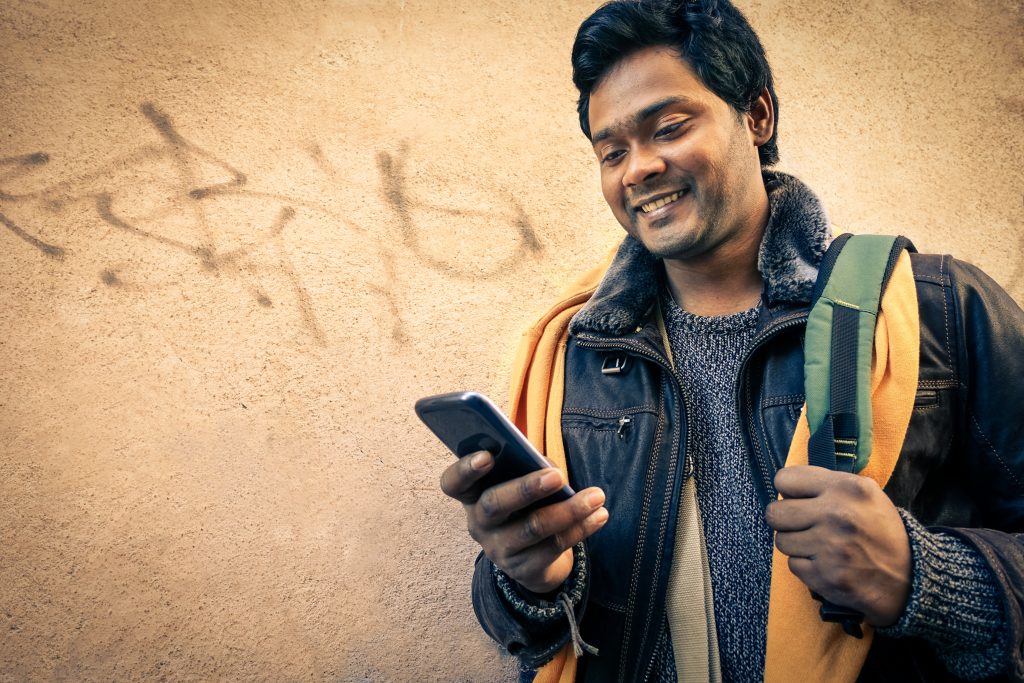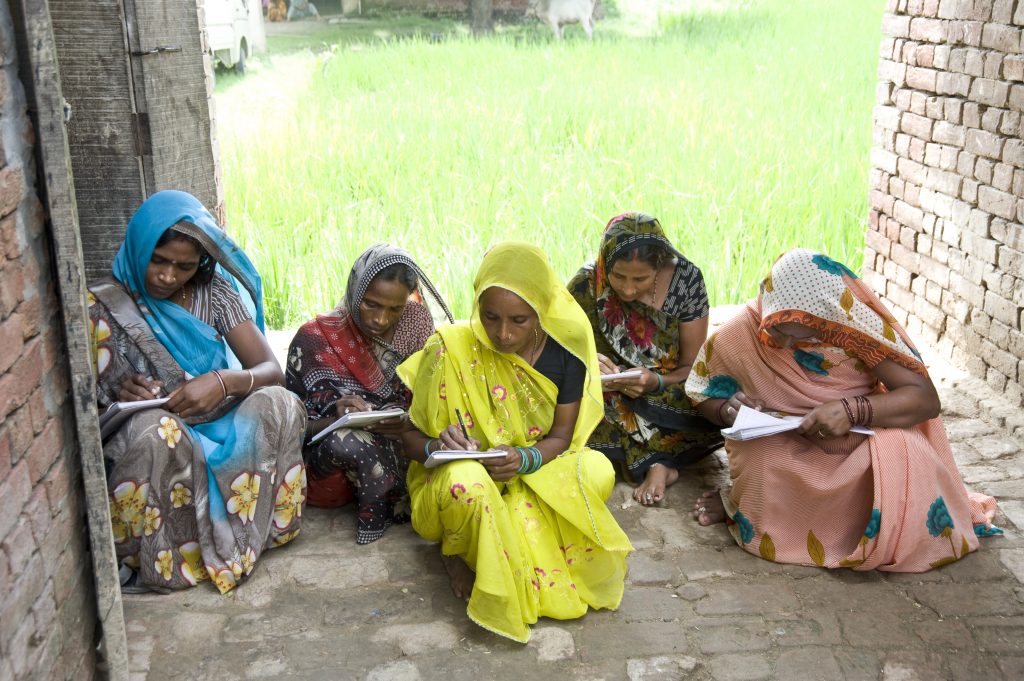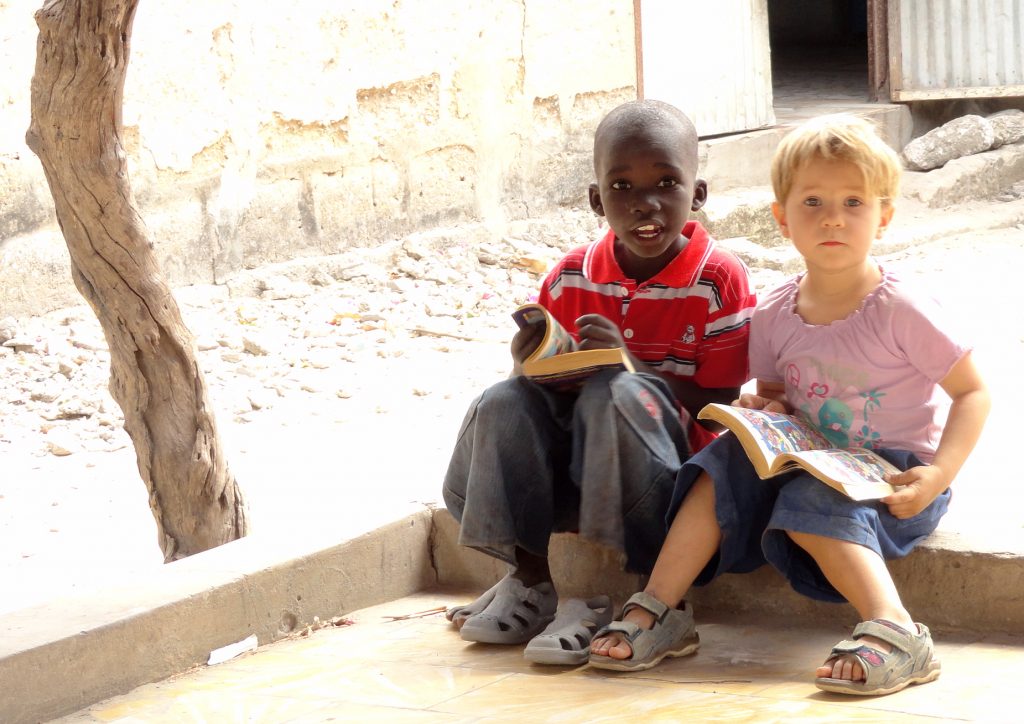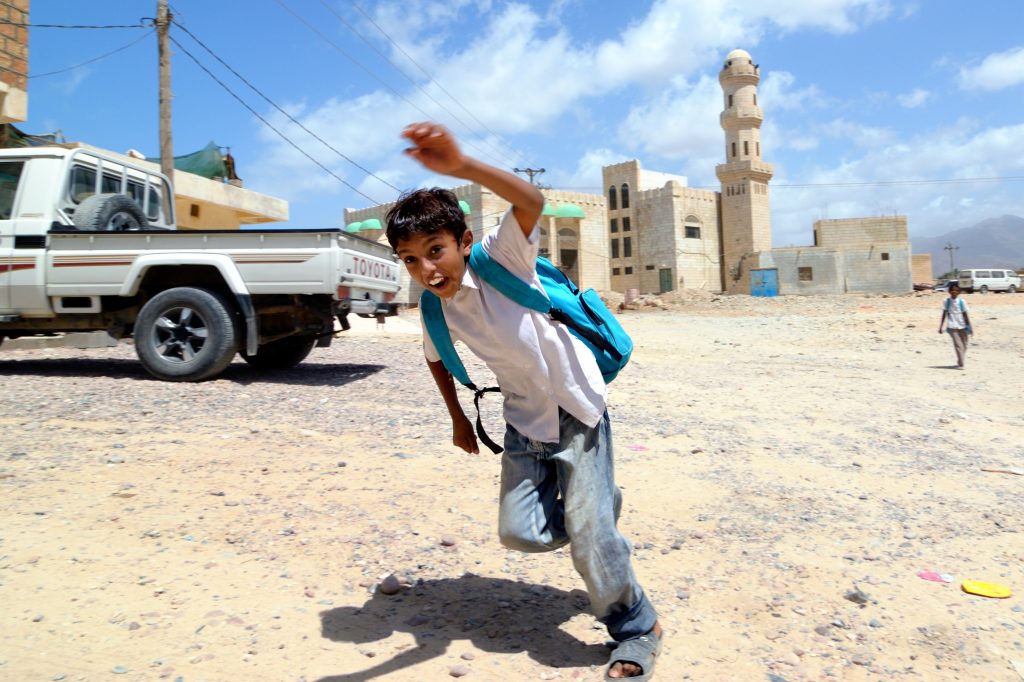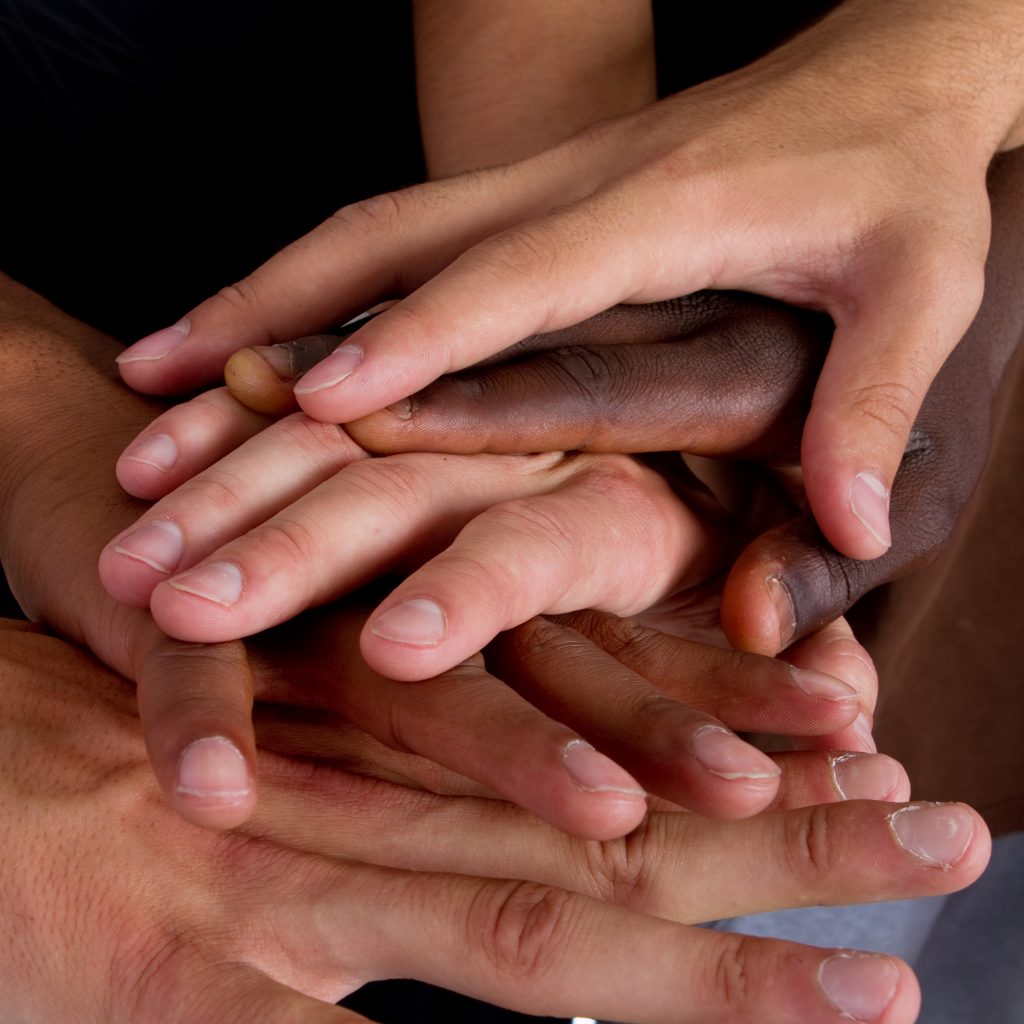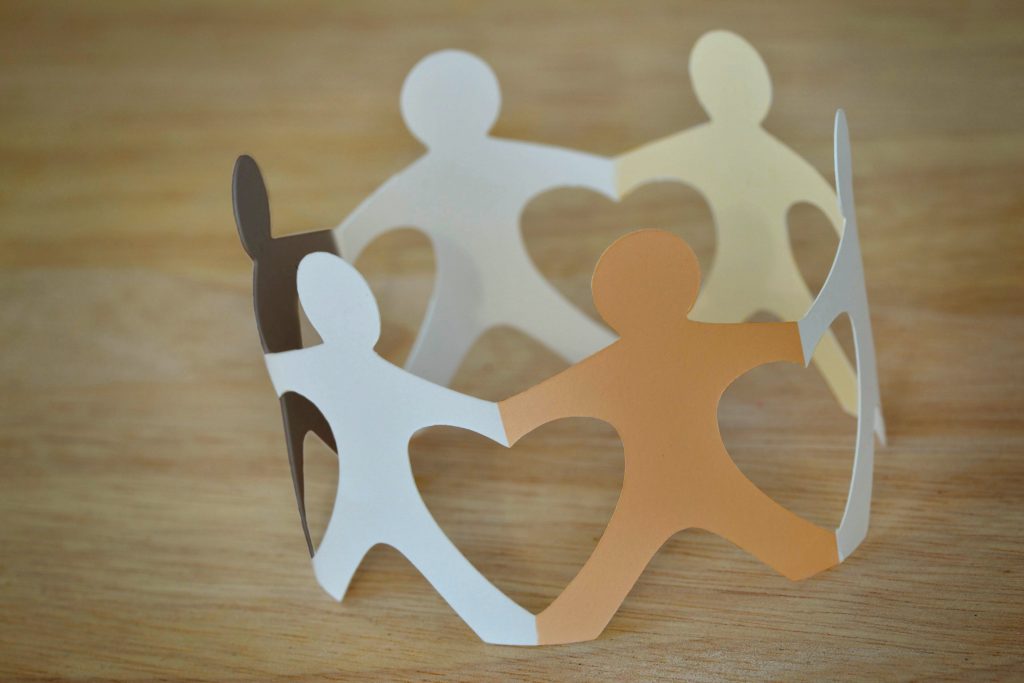We will only achieve the Sustainable Development Goals if we focus more policy attention on adult learning and education. CONFINTEA VII could be a catalyst for this change, argues Rajesh Tandon
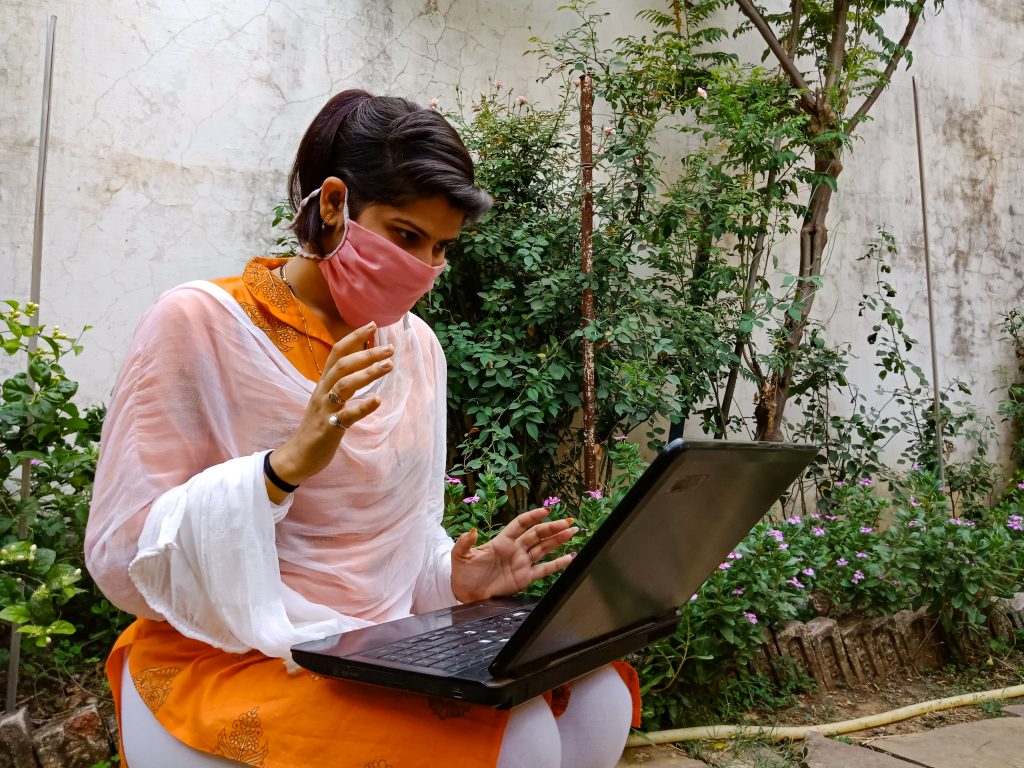
Over the past 12 months of the pandemic, millions of citizens around the world have ‘unlearned’ old ways of being, while learning new behaviours. For rural communities in India, lockdown created greater reliance on local sources of food, water and preventive health care. For urban communities, the restrictions caused huge disruption as people’s very lives and livelihoods depend very largely on mobility, ‘out-sourcing’ and co-habitation. Millions of workers returned to their families in rural areas as employment was suddenly cut off. Many millions acquired digital hardware for the first time and learned to ‘get online’.
Families, communities and societies continue to learn new ways of being in order to navigate the changes affecting them. These new ways of being, in effect, create new changes in communities and societies. If change is inevitable and necessary for the evolution of life and community, so too is the criticality of learning to navigate change. Continue reading

